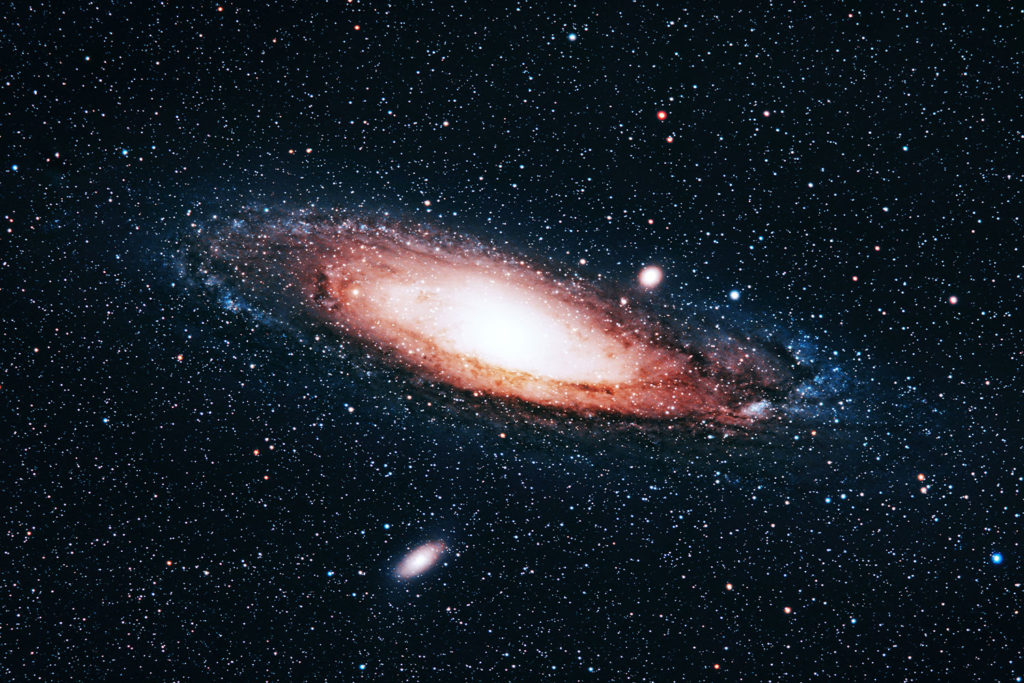The word cosmos is a Greek word that refers to everything that exists—the universe itself and all its constituents. The cosmological argument for the existence of God tries to show that because anything exists there must be a God who brought it into existence. In other words, without a God to create it, nothing could or would exist. It is possible for God to exist without the universe, but it is not possible for the universe to exist without God. Thus, the cosmological argument tries to show that the universe is not a necessary being and therefore cannot account for its own existence. The thrust of the argument is to show that the universe was caused by some agent that was neither part of the universe nor itself was caused.
There are three basic kinds of cosmological arguments; Kalam, Thomist, and Leibnizian. We will look at each of these philosophical arguments as well as at a scientific example of the cosmological argument in the real world.
This post is an excerpt from the Holman QuickSource Guide to Christian Apologetics by Doug Powell. It is used with permission. You can purchase this resource in its entirety here.
For more on this topic:
Does God Exist? – The Cosmological Argument
Does God Exist? —The Kalam Cosmological Argument
Does God Exist? – The Leibnizian Cosmological Argument
Does God Exist? – The Design Argument
Published November 20, 2017




